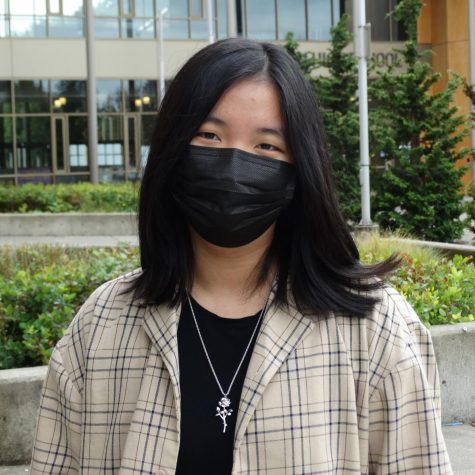How a Lack of Research Has Damaging Effects
May 27, 2022
Seeing one’s culture and language portrayed onscreen can be an extremely uplifting experience, but when it is done inaccurately and it is almost laughable how little research went into the final product, it can have the complete opposite effect.
Marvel recently released a new original show, “Moon Knight,” on Disney+ and the show itself is rich in both its story and its Egyptian representation. The show is making tons of firsts with its Arab director, plenty of Egyptian actors, and a female Arab superhero to round it all off. Director Mohamed Diab explains, “A big part of our pitch was avoiding the orientalist look, which dehumanizes us. It shows as exotic, where women are submissive and men are evil. And it wasn’t only about representation of the people, but of the place itself.” Diab did a phenomenal job with not only the accurate portrayal of Egyptian history, but the amazing story that truly makes the show unforgettable.
Unfortunately, while the representation of Egyptian culture and mythology was executed well, other parts of the show are another story. Namely, the Mandarin Chinese in one scene that was completely incomprehensible even to native speakers. As someone who has been speaking Mandarin their entire life, I can assure you that I did not understand a single word of the short “Chinese” conversation between characters. This was the case with not only me, but my fluent parents who were also watching the show. It was only after we turned on the captions that we could just barely make out what the actors were trying to say. It seems we were not the only ones as a number of people, including Simu Liu, actor of Shang Chi, commented on it. He tweeted, “Arthur Harrow needs to fire his Mandarin teacher” and “There were ZERO Mandarin/Chinese words spoken.”
“Moon Knight” is not the only Marvel production guilty of butchering an East Asian language. “Black Panther” had a whole section of the movie set in Busan, South Korea, where Korean was spoken of course. While actress Lupita Nyong’o had relatively impressive and comprehendible Korean speaking skills, the same cannot be said for the person she was talking to. Although the actress was Korean, it was obvious she did not speak it and was probably a random Asian-American woman found to play the part of, well, an Asian woman. It is not even debatable that her Korean was far worse than the non-Korean actress, who obviously practiced and did a fair amount of research.
Although it is disappointing to see your language spoken in a less than comprehensive way, there are many people working to help reduce this problem in the future. Diab saw Liu’s tweet and addressed it saying, “We had an expert, and we tried to do our best, but you know what? Next time, we’re going to do better.” It is definitely reassuring to see the problem acknowledged and addressed, but the damage has already been done to the Mandarin-speaking community. Hopefully in the future, both Diab and the film industry in general can help ensure that the problem does not come up in the first place.

